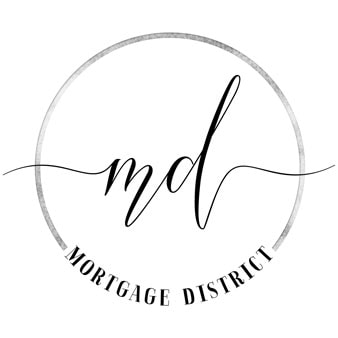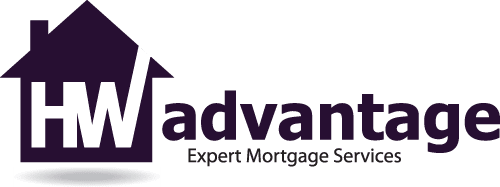Are you self-employed and looking to buy a home or refinance? You may be wondering if it’s even now possible to qualify for a mortgage given all the rule changes and interest rate hikes. The short answer is yes! Despite what misinformation you may find on the internet there are in fact mortgage solutions for even newly self-employed borrowers. However, there are some tips and considerations that will help you qualify.
What Is a Self-Employed Mortgage?
A self-employed mortgage is a straightforward concept. It’s a type of mortgage designed specifically for individuals who either own their own business or are sole-proprietors. Unlike mortgages for a regular employee (which is income qualified based on that person’s salary), mortgages for self-employed people are much more complex. Banks consider a self-employed individual’s net income as well as the total gross income (revenue) of their businesses to determine creditworthiness. Business expenses and financial statements are also often factored into the underwriting process.
Available Options
For self-employed Canadians, you have more options than you think regarding mortgages. Understanding your options is a key step in getting the right rate for you. Here are some available options:
-
- Stated Income Mortgage: A mortgage designed for those with difficulty providing traditional income verification documentation. Verified bank statements are required for application and confirmation of taxes are paid up to date. These mortgages are insured, for purchases under $1,000,000 and require a 10% down payment as a minimum.
- Private Mortgages: Offered by private lenders rather than traditional lenders, these mortgages are great who need more flexible terms and qualifying criteria but are more expensive from an interest rate perspective. Typically down payment or equity in the property is the primary concern rather than the income verification of the borrower.
- Conventional mortgage: This mortgage option is available for self-employed borrowers that have at least 2 full years of self-employed tax returns completed and can show a NET income average to qualify for the mortgage amount required.
- Alternative lender BFS mortgages: These mortgages rely on solely 6 months – 12 months business bank statements to income qualify. Blemished credit is acceptable (within reason) and a 20% down payment is typically the minimum required.
While these are only a few options available, it’s always best to contact an HW Advantage mortgage broker. They specialize in finding the right mortgage type for you.
Tips For Getting the Mortgage You Want
Starting a plan beforehand is an excellent idea if you plan to apply for a mortgage. Keeping accurate financial records of your business is essential, and contacting a mortgage broker will help alleviate any gaps in your research. Not only is a mortgage broker an expert in finding the best mortgage rates for clients, but they also have access to exclusive rates you wouldn’t be able to find elsewhere. A mortgage broker can help navigate the complex process of getting approved for a self-employed mortgage.
Lastly, building up your savings and paying down any consumer debt will get you closer to obtaining the mortgage you need while being a self-employed or full-time contract worker. Good credit and minimal monthly liabilities increase your mortgage qualification significantly.
The HW Advantage Guarantee: Expert Mortgage Services for Self-Employed Mortgage
At HW Advantage, we make the mortgage application process as swift as possible for our clients. We are trusted mortgage brokers in Oakville, Burlington and surrounding areas, and our goal entails helping clients secure the best mortgage rates.
Try our easy-to-use online mortgage application our call today at 905-541-6961.
Follow us on Facebook for our latest news. Contact us today!


